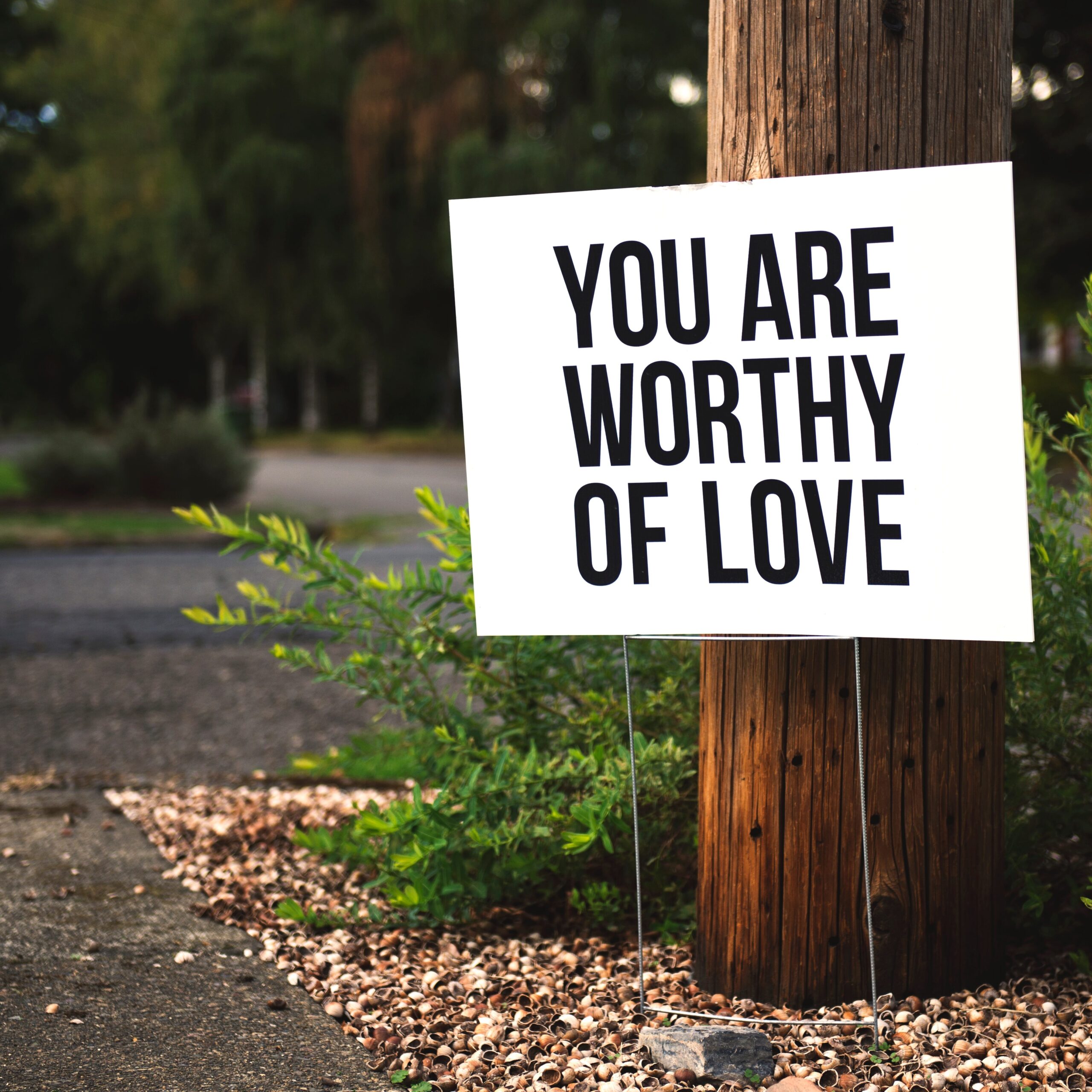
Awakening from Within
TRANSFORM YOUR MIND
AND GROW
Transforming Mindsets:
A Journey to Inner Peace
When you’re trapped in a mindset where everything appears bleak and pointless, it sets off a cycle in your mind. Each attempt to think positively gets shot down by your own brain, pulling you back down. The goal here is to develop thought patterns that break this spiral and build effective techniques for self-protection.
While these strategies may seem obvious, they demand mental strength and determination to actually work. You may not succeed straight away, not even after several attempts, but that’s okay! Gradually, step by step, improvement happens, reinforcing your subconscious until one day, it becomes easier.
With time, these mindsets become second nature, and you won’t even have to try anymore, because you’ll whole-fully believe them.

Self-care
The initial step in shifting your mindset, whether you’re overthinking or experiencing negative thoughts, involves using self-care techniques.
Explore the practices I discuss in the ‘Self-care‘ section of this blog.
Keep an open mind
You might need to shed preconceived notions about how the brain operates and how you control it.
I personally believe our brains aren’t as clever as we think, often tricking us into negative emotions and repetitive negative thoughts. I believe that we have to consciously train our minds until our subconscious understands and alters the way it works.
Once that happens, you’ll be able to function again in a healthy way. For some of the points we’ll go through next, I’ll talk about techniques where you’ll have to cooperate willingly and sometimes believe in things you wouldn’t have before, like visualisation. If you’re willing to try and work at it, you’ll be offered a lot of new opportunities.


Connect with yourself
You don’t need to sit a certain way or master specific breathing techniques; the aim isn’t to be an expert in meditation. Instead, reflect on how your body feels and how you feel, can you identify specific emotions?
Try not to focus on the thoughts that pass through your mind. When they come, acknowledge them and then let them go.
You could try to visualise yourself closing a drawer, or a cloud leaving your sight blown away by the wind. Visualisation is a very strong tool, but it demands genuine intent.
Once you succeed, you’ll be left with a quieter mind, a brand new canvas for more positive emotions.
Be kind to yourself
Every time you tell yourself something mean, you need to stop yourself as soon as you realise it, and tell yourself “No, this is wrong”. And right after, counter it with something positive like “It’s ok, I’m doing the best I can”. Every. Time. After a while, your subconscious will change its automatic response to something more positive.
Please, don’t bring yourself down! You are not responsible for the way you feel. Life is complicated, and sometimes it just takes a toll on you. Depression is a disease, and no one gets sick voluntarily. By reading this, you are already trying to heal yourself, and for that you should be very proud of yourself !
Treat yourself as you would treat your best friend: with understanding, love, patience and respect. Everyday, repeat to yourself positive affirmations, it can be out loud or in your head.
“I am strong and brave. I am worthy, I deserve love and happiness.“
Don’t just repeat these words, believe them.


Identify triggers
Recognise situations, people, or reflections that induce feelings of sadness, anger, or frustration. If no obvious answers come to you, it might imply that you are bored of your life as a whole or you need to make a big change.
If you identify clear triggers, strive to avoid them or limit your exposure. For instance, if family interactions constantly distress you, consider discussing your feelings with them or, if necessary, limiting contact.
Sometimes, the people that we love, even though they love us in return, aren’t able to understand what we’re going through. Taking some time away to build yourself back up doesn’t make you a bad person.
Avoiding triggers is sometimes synonym of big changes. For example, if your triggers are linked to your profession or your work environment, you might need to consider finding a new job, a new vocation or moving halfway across the World. These changes might seem scary, but change is necessary and inevitable if you want to grow.
“If nothing changes, nothing changes.”
Identify what brings you joy and peace of mind
If you already know what your passions are, you already know that they can bring you joy or satisfaction, and those emotions are great reprieves when you are depressed. However, some of us don’t know what our passions are, and in consequence we have no idea what we could do to get out of our heads.
If you are in that situation, I invite you to read the “Activities” section of this website, it will give you ideas if you don’t know where to start.
Outside of passions and activities, other things might bring you joy. It could be specific people, being in a certain place, being surrounded by nature, being all alone or being surrounded by your loved ones. Try to find out anything in your life that you enjoy, that you look forward to or that you hope to achieve.
Find out what are these elements and strive to include them in your life. Even brief moments of happiness can offer relief and recharge your spirits. Remember, it’s all part of the process.


Discover your life’s purpose
Identifying your passions is challenging; understanding your purpose is even more so. Your purpose is unique to you, formed by your experiences, reflections, and values. It’s an ongoing journey of introspection and self-discovery, acknowledging what truly matters to you.
Through self-introspection, we are able to understand better what we need from life. But what about purpose ?
Your purpose can be defined as follows: what would you willingly sacrifice yourself for?
For example, I truly loath living in a city, and working a 9-5 job. So the question is: what could make me want to willingly sacrifice my comfort for ? What could make me take that desk job in a city?
I am not sure I have a complete answer yet myself. But I know that part of the answer is that I would sacrifice myself if I were helping people, working to defend a cause I believe in, and doing something meaningful for the Earth.
We all have different answers, the only thing that is important is that your answer resonates within you. As long as it comes from you, there is no wrong answer.
Try Slow Living
Slow living is a lifestyle that has become more popular the past few years. There are different interpretations of what it is, so I’ll only talk about my interpretation. Slow living, to me, is about taking the time to do things the way they are meant to be done. If you want to bake a cake, don’t try to make it as fast as possible so that you can fold the laundry and still have time to clean the windows before it gets dark outside. Just bake the cake. Engage fully in tasks, allowing yourself to be present and absorbed in the moment.
“Your entire life only happens in this moment. The present moment is life itself. Yet, people live as if the opposite were true and treat the present moment as a stepping stone to the next moment – a means to an end.”
– Eckhart Tolle
When you are doing something, and your mind is either ruminating the past, or anticipating the future, you aren’t actually doing anything. Be the main character and the author of your life.

Be patient with yourself
If you don’t succeed the first few times you try to change your mindset, it’s completely normal. This is very hard even for non depressive people, so it is bound to be difficult.
Let’s do it one step at a time. At some point, you’ll see the progress you’ve made and it will get easier to move forward and improve more.
Other’s opinions shouldn’t matter
People who have no experience (direct or indirect) with depression won’t be able to truly understand what’s going on inside your head. Even if they have the best intentions at heart, their words can be hurtful.
Most will tell you things like “Just try to get out of your house more”, “meet new people”, “it’s just a phase”, “everyone gets sad from time to time”, “it’s just seasonal depression”.
The truth is they can’t understand, so their ‘advice’ will fall short and even discourage you or make you feel worse about yourself.